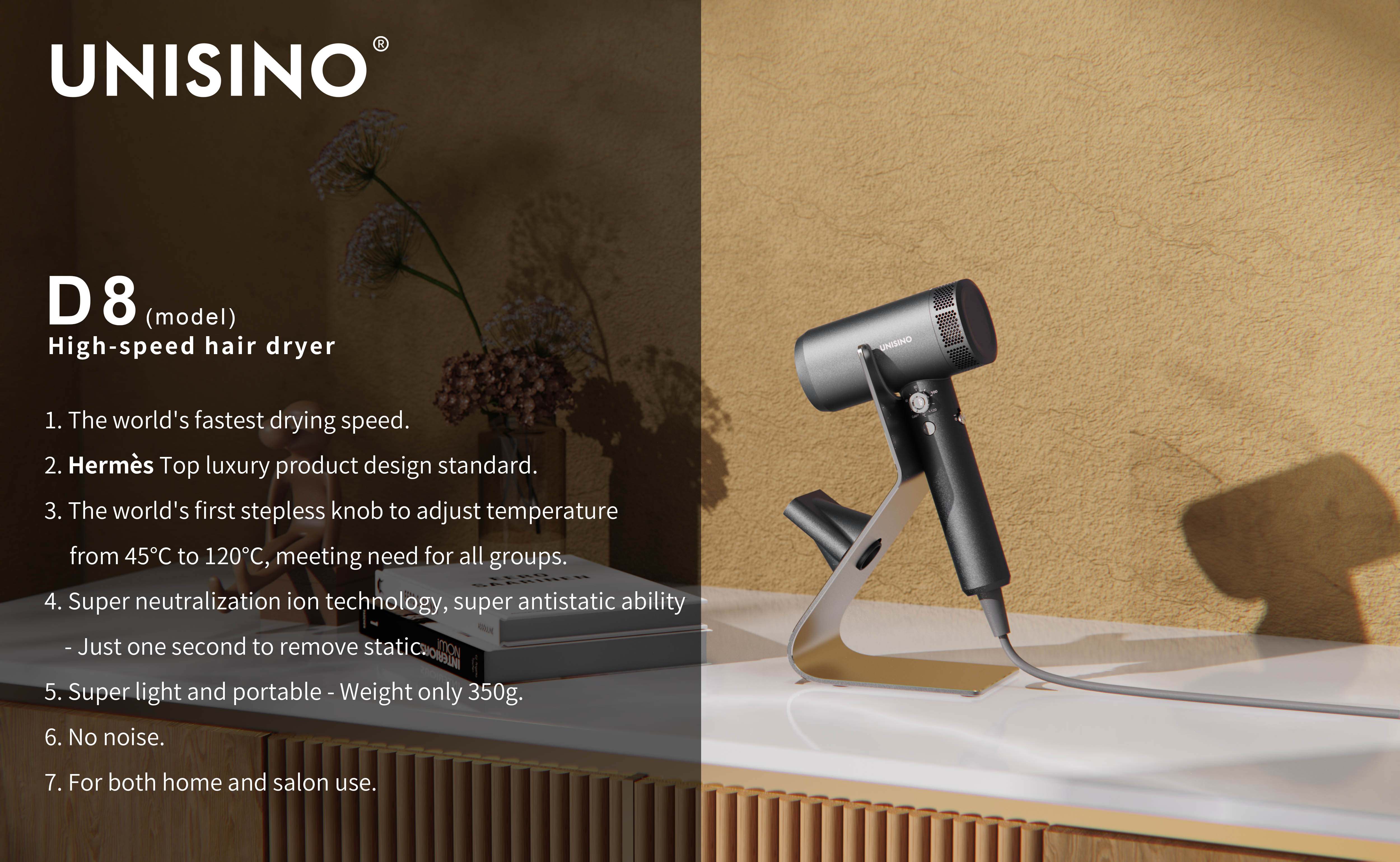
Leave your message and you’ll get:
● 24*7 online service support ● Articles in the hair dryer industry ● Sometimes maybe Discount

● 24*7 online service support ● Articles in the hair dryer industry ● Sometimes maybe Discount
Time:2024-01-08 Views:1

1. Circuit design: Understanding the circuit design of the high-speed hair dryer motherboard is the top priority. This includes connections between various components, power management, sensor interfaces, and interaction with motors. Familiarity with commonly used components and circuit design principles is a necessary skill.
2 Control algorithms: Mastering the control algorithms of high-speed hair dryers is necessary because it directly affects the operation of the fan and the adjustment of wind speed. Understanding algorithms such as PID control and pulse width modulation (PWM) is crucial for controlling motor and fan speeds.
3 microcontrollers and processors: Understand the commonly used microcontrollers and processor models in high-speed hair dryers, how to choose the appropriate chip for the product, and understand their performance and characteristics.
4 Sensor Technology: High speed hair dryers are usually equipped with various sensors, such as temperature sensors, humidity sensors, wind speed sensors, etc. Understanding the principles and usage methods of these sensors is crucial for optimizing product performance.
5 Security and Stability: Learn how to ensure the safe operation of products in various situations, as well as how to optimize motherboard design to ensure stability and reliability.
6 Energy conservation and environmental protection: Learn how to achieve energy conservation and environmental protection through motherboard design, such as optimizing power management, reducing energy consumption, selecting environmentally friendly materials, etc.
7 Communication modules: If the product has intelligent functions, learn how to integrate communication modules (such as Wi Fi, Bluetooth, etc.) to achieve remote control and data transmission.
8 Production and Manufacturing: Understand the requirements and limitations of motherboard design in actual production and manufacturing processes to ensure the manufacturability and testability of the design.
9 Regulations and Certification: Understand relevant safety regulations and certification requirements to ensure that products comply with local and international standards.
10 User experience: Finally, learn how to enhance the user experience through motherboard design, including noise reduction design, intelligent control interface, etc.